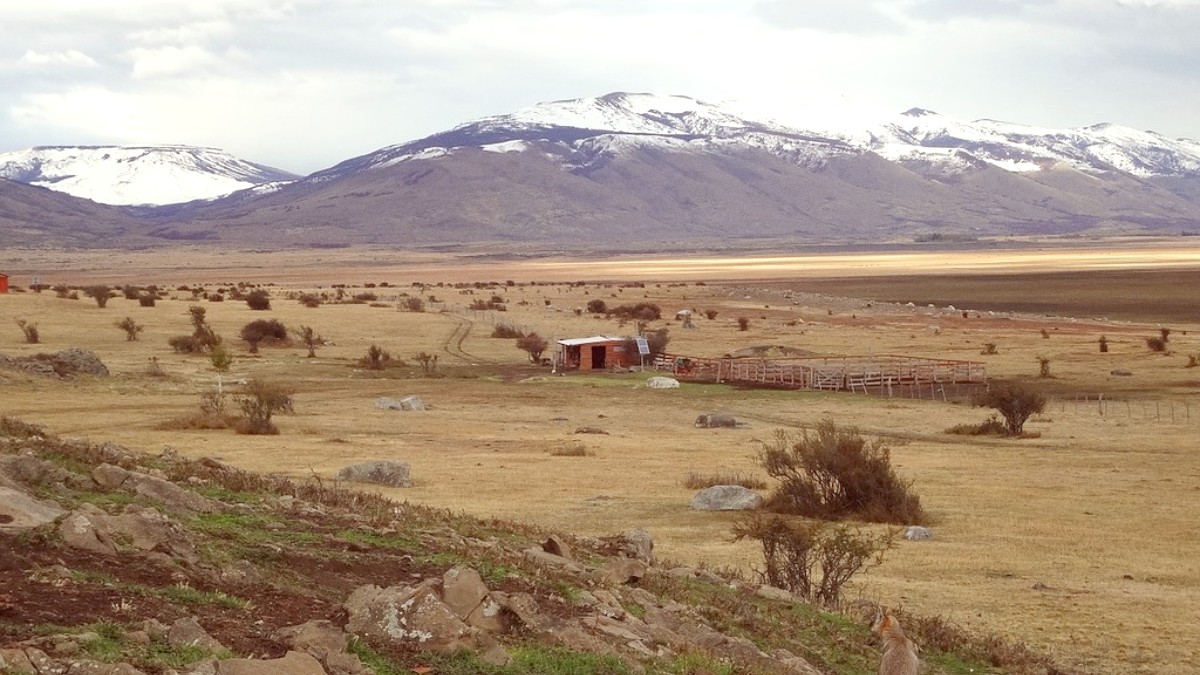
Patagonia, Argentina
Adhere to park rules; stay on paths, no littering, no fires outside designated zones.
Minimize waste, reuse items, carry out all trash from trails.
Be mindful of water usage, especially for showers and laundry.
Los Glaciares National Park, a vast protected area, holds strict conservation rules for its glaciers, forests, and wildlife.
Always respect all park regulations. Your presence impacts the natural environment.
Recycling facilities remain limited compared to larger cities. Minimize your waste generation.
Consider offsetting the carbon footprint of your flights. Many airlines present carbon offset programs during booking.
Seek accommodations and tour operators that promote sustainable practices.
Support local crafts and businesses that truly represent Patagonian culture. This approach preserves traditional skills and heritage.
Learn basic Spanish phrases; locals acknowledge the effort. Be polite and patient. The local pace of life might differ from your own.
Your spending choices directly shape the local economy. Choose practices that benefit the community.
Seek out and support local businesses directly. This approach keeps your money within the community.
Look for products labeled as fair trade or those sold directly by local artisans.
Awareness of tourism practices that might exploit animals or local communities is wise.
Choose reputable tour operators with ethical wildlife interactions.
Avoid activities involving mistreatment of animals or disrespectful interactions.
Donate through established local charities like The Rainforest Site (GreaterGood).
Direct handouts sometimes create dependency. Research local foundations or community projects for effective, sustainable contributions.